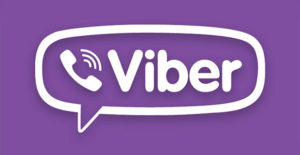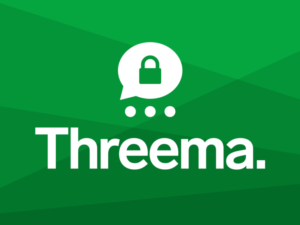
WhatsApp is forcing all users to agree to its controversial new privacy policy by 8 February, or else lose access to the app.
The move has led many users to seek alternatives, with high-profile figures like Tesla/SpaceX CEO Elon Musk urging users to switch to more privacy-focused alternatives.
Even WhatsApp’s creators, who sold the app to Facebook in 2014 for $19 billion, have turned their back on the app, with co-founder Brian Acton saying in a 2018 interview: “I sold my users’ privacy for a larger benefit.”
The Facebook-owned app has more than 2.5 billion users worldwide, so even if millions of people decide to migrate it is unlikely to have a major impact on WhatsApp’s overall popularity.
But for those unhappy with the new terms and conditions, or who simply want to leave the Facebook ecosystem of apps behind, here are a list of four alternatives in 2021.
Telegram

Arguably the most like-for-like messaging app to WhatsApp is Telegram, which supports many of the same features and even some extras.
Telegram founder Pavel Durov has consistently criticised WhatsApp for perceived security and privacy issues, describing it as “dangerous” and claiming it will never be secure under Facebook ownership.
Signal

Similar to Telegram and WhatsApp, Signal is free, simple to use and available on all major platforms.
Popular among billionaires and dissidents alike, Signal offers arguably the most secure method to communicate of any mainstream messaging app.
Viber

With around 260 million users, Viber is even more popular than Telegram. Its users tend to be more concentrated to certain regions, however, meaning it might be difficult to find friends using it unless you are from there.
Its core user base is in eastern Europe, north Africa and the Middle East, though there is a scattering of users elsewhere in the world.
It comes with group chat, instant voice and video messaging, as well as support for audio and video calls. Similar to both Telegram and WhatsApp, all messages on Viber are end-to-end encrypted, while it also allows users to send timed self-destruct messages.
Threema

Switzerland-based Threema describes itself as “the instant messenger designed to generate as little user data as possible”.
It allows users to use an 8-digit ID rather than their own phone number to connect with other users, while contacts can be verified using a QR code.
It offers a few features not available in WhatsApp, such as liking individual messages and password-protecting individual chats.
Unlike the other options listed here, however, Threema is not free to use. This could be seen as a plus – even WhatsApp used to charge users £1 per year to use – with one of Threema’s slogans being, “don’t pay with your data”.
Another downside for an otherwise excellent app is that with less than 10 million downloads on Google Play, users may struggle to find other people to connect with.









